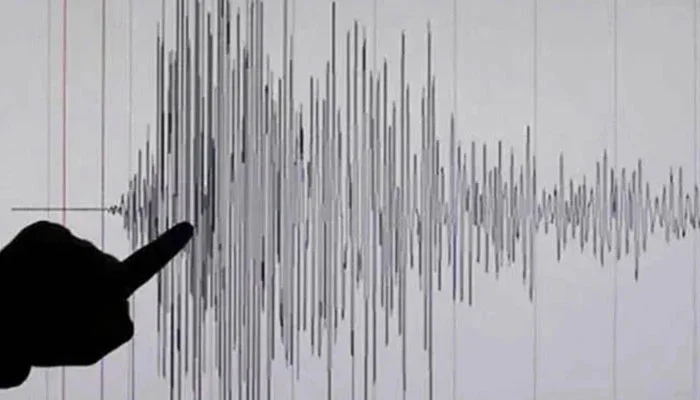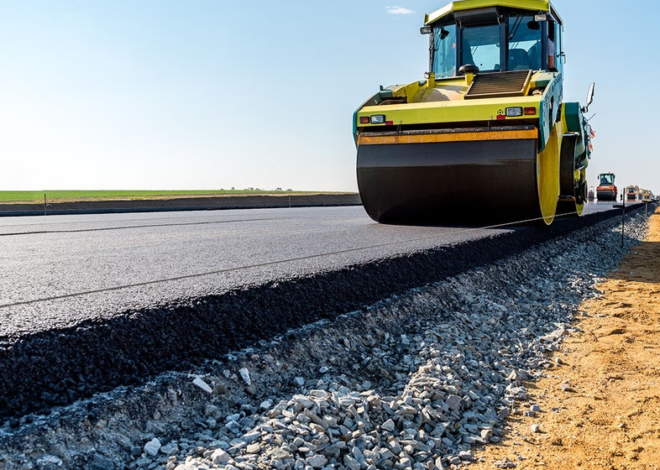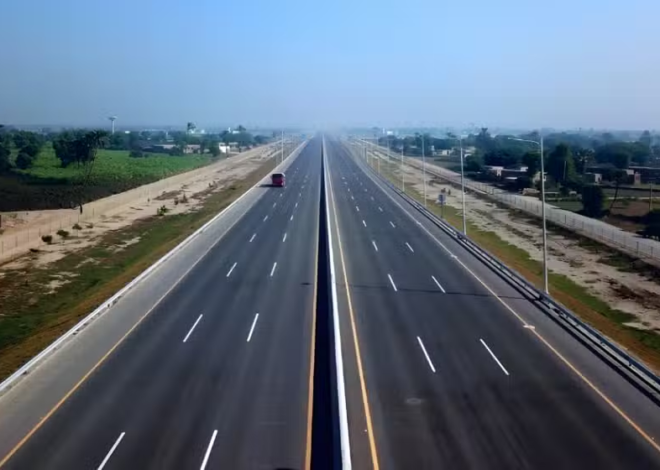
4.7-Magnitude Big Earthquake Jolts Peshawar
Early Morning Tremors Spark Panic in the City
A 4.7-magnitude earthquake struck Peshawar and its surrounding areas early Wednesday morning, sending tremors across the region and jolting residents out of their sleep. The earthquake, which occurred at approximately 4:18 a.m. local time, caused widespread panic but no immediate reports of fatalities or serious structural damage have been confirmed so far. The Pakistan Meteorological Department (PMD) recorded the epicenter near the Hindu Kush region, at a depth of 98 kilometers.
Residents reported feeling the tremors in various parts of Khyber Pakhtunkhwa, including Nowshera, Mardan, Swabi, and Charsadda. The shallow depth of the quake intensified its impact, even though the magnitude remained moderate. Witnesses described the tremor as strong but brief, lasting less than 30 seconds.
Public Reaction and Emergency Response
The sudden quake sparked panic among residents, many of whom rushed out of their homes barefoot and without proper clothing due to the early hour. Social media platforms were quickly flooded with reports from users sharing their experiences and concerns. Hashtags such as #PeshawarEarthquake began trending locally as people sought information and reassurance.
Emergency services, including rescue teams and police units, were immediately mobilized to assess potential damages and provide assistance. Hospitals across the region were put on alert, although no major influx of injured individuals was reported. Authorities also dispatched survey teams to inspect infrastructure including bridges, schools, and hospitals to ensure safety.
An official from the Provincial Disaster Management Authority (PDMA) confirmed that while no casualties have been reported, assessments are ongoing. “Our teams are coordinating with district administrations to gather detailed reports from affected areas,” the PDMA spokesperson said. “We urge the public to remain calm but alert.”
Earthquake : Schools and Offices Remain Open Amid Safety Checks
Despite the early morning disruption, most schools and government offices resumed operations later in the day, albeit with some delays. School administrations conducted quick structural assessments before allowing students inside. Attendance was lower than usual, as many families opted to keep their children at home for precautionary reasons.
Engineers from local municipal bodies have been deployed to inspect public buildings. In older neighborhoods, some residents have reported minor cracks in walls, but authorities have stated that these are non-structural and pose no immediate threat.
The education department issued a statement assuring the public that safety checks will continue and that any building deemed unsafe will be closed temporarily until repairs are completed.
Geological Context and Expert Analysis
The Hindu Kush region, where the epicenter was located, is part of an active seismic zone known for frequent tectonic activity. Earthquakes are common in this area due to the collision between the Indian and Eurasian tectonic plates. Geological experts noted that while Wednesday’s quake was not powerful enough to cause widespread damage, it serves as a reminder of the region’s vulnerability to larger seismic events.
Dr. Safia Khan, a geologist at the National Seismic Monitoring Centre, explained that such quakes are often followed by aftershocks. “Given the depth and nature of this tremor, aftershocks cannot be ruled out. We advise the public to remain cautious over the next 48 hours,” she said.
She also emphasized the need for stricter enforcement of earthquake-resistant construction standards, especially in urban areas like Peshawar that have high population densities and aging infrastructure.
Government Urges Preparedness and Public Awareness
In the aftermath of the quake, government officials have renewed calls for improved public awareness and disaster preparedness. The National Disaster Management Authority (NDMA) released guidelines urging residents to review emergency plans, keep first aid kits and emergency supplies ready, and participate in community drills.
The Prime Minister’s Office acknowledged the event and assured the public that all necessary precautions were being taken. Local officials have been instructed to conduct rapid evaluations and prepare reports on the state of critical infrastructure.
Earthquake: Final
While the immediate threat appears to have passed, authorities continue to monitor the situation closely. The PMD has maintained seismic watch for any potential aftershocks and will issue timely alerts as needed. Earthquake Earthquake







